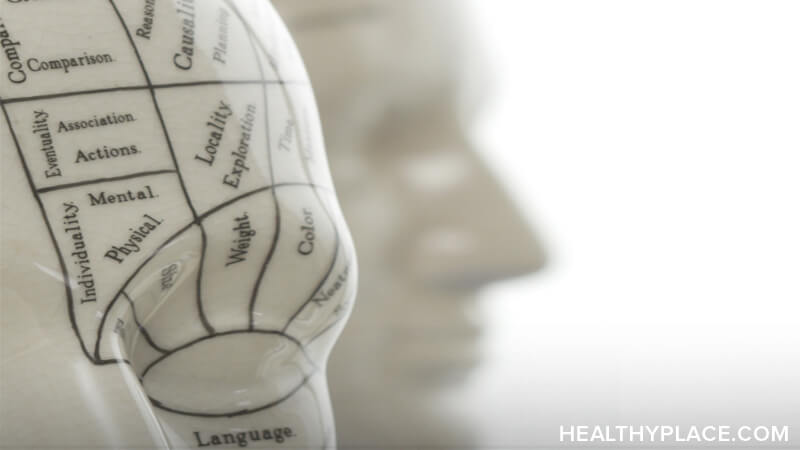Comprehending the Influence of Exercise on Mental Wellness and General Wellness
Past its physical advantages, the impact of workout on one's psychological health and wellness has been a topic of expanding interest and research study. As we navigate with the complexities of this relationship, a much deeper understanding of how exercise affects our mental state and general health arises, losing light on the profound implications it holds for our daily lives and lasting health.
Advantages of Exercise on Mental Wellness
Regular physical exercise has been shown to dramatically boost psychological wellness results in people of all ages. Involving in normal workout not just advantages physical wellness yet additionally plays a vital role in boosting psychological health.
Moreover, workout has actually been linked to boosted cognitive feature and overall mind health and wellness. In addition, workout promotes better rest patterns, which are essential for maintaining great psychological health.
Including exercise into one's regimen can bring about enhanced self-worth and a greater sense of overall wellness. Whether it's via cardiovascular exercises, toughness training, or yoga exercise, finding a physical task that suits private choices can have an extensive impact on mental health and wellness.

Link Between Exercise and Stress
Workout acts as a powerful system for relieving stress and promoting psychological health by facilitating the launch of endorphins and promoting a sense of relaxation and rejuvenation. When anxiety degrees rise, the body's fight-or-flight reaction is set off, bring about increased cortisol degrees. Regular exercise aids counteract this action by reducing cortisol levels, which subsequently reduces stress. Workout advertises the production of endorphins, typically referred to as the body's natural painkillers, which act as state of mind elevators and stress and anxiety relievers.
Involving in physical task likewise offers a disturbance from day-to-day stressors, allowing individuals to concentrate on the existing minute instead than ruminating on sources of tension. Furthermore, exercise can boost self-esteem and confidence, providing a feeling of accomplishment and control that can combat feelings of helplessness usually connected with stress and anxiety. By including workout into a regular regimen, people can effectively manage stress and anxiety degrees, resulting in enhanced mental health and general high quality of life.
Effect of Exercise on Mood
Participating in exercise has been revealed to substantially affect one's mood and psychological well-being. The partnership between workout and state of mind is well-documented, with countless research studies highlighting the favorable effects of exercise on mental health and wellness. When we take part in exercise, our bodies release endorphins, generally referred to as "feel-good" hormonal agents, which can aid relieve feelings of anxiety, anxiety, and depression. Furthermore, routine workout can lead to boosted self-confidence and a feeling of accomplishment, which can further improve one's overall mood.

In addition, the impact of workout on state of mind prolongs past just the immediate post-workout period. Research study recommends that individuals that keep a constant exercise regimen are more probable to experience long-lasting renovations in their mood and emotional state. This can be credited to the architectural changes in the brain that happen as a result of regular exercise, such as increased connection in between mind areas responsible for controling emotions.

Workout and Cognitive Function
Countless studies have actually shown the considerable influence of exercise on cognitive feature, highlighting the complex relationship in between workout and mental procedures. Participating in regular workout has been image source shown to boost various elements of cognitive feature, consisting of memory, interest span, analytical abilities, and total psychological skill. Physical task promotes the release of natural chemicals such as dopamine and serotonin, which play critical roles in cognitive feature and state of mind regulation. In addition, exercise advertises the development of new brain cells and reinforces the connections between them, causing enhanced cognitive performance.
Moreover, regular exercise has been linked to a minimized danger of cognitive decline and neurodegenerative diseases such as Alzheimer's. Studies suggest that people who keep an energetic lifestyle throughout their lives experience slower rates of cognitive decline compared to those that are inactive. Overall, the proof extremely supports the idea that routine exercise is not just advantageous for physical health but likewise plays an important duty in protecting and improving cognitive feature.
Methods for Incorporating Workout
Taking on a structured technique to integrating physical task right into daily regimens can dramatically improve the likelihood of maintaining a consistent exercise program. One effective method is to establish details, possible objectives. These goals need to be realistic and customized to private abilities to stop sensations of failing and make certain motivation. Furthermore, including workout into existing regimens, such as walking or cycling to function, taking the stairways instead of the elevator, or scheduling regular workout sessions, can help make physical activity a habitual part of every day life.
An additional valuable strategy is to find activities that are enjoyable. Whether it's dance, biking, swimming, or yoga, taking part in tasks that bring pleasure raises the possibilities of sticking to the exercise routine over time. Furthermore, differing the sorts of workouts and alloting time for both strength-training and aerobic tasks can avoid boredom and provide a holistic technique to fitness.
Integrating workout into social tasks, such as signing up with a sporting activities group or workout group, can additionally foster a sense of neighborhood support and responsibility, making it much easier to stay committed to routine workout. By carrying out these strategies, individuals can develop a lasting and meeting exercise our website regimen that advertises mental health and general health.
Conclusion
Finally, exercise has many advantages for mental health and overall wellness. It can help decrease anxiety levels, boost state of mind, and boost cognitive function. Integrating regular exercise right into one's regular is vital for promoting mental well-being. By comprehending the effect of exercise on psychological health, individuals can take aggressive steps to prioritize their exercise and reap the favorable effects on their psychological and psychological state.
web

Psychological))))